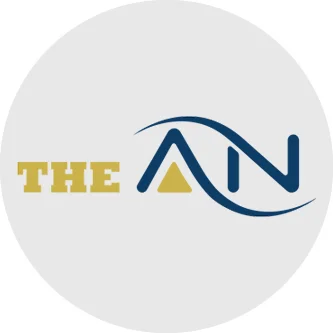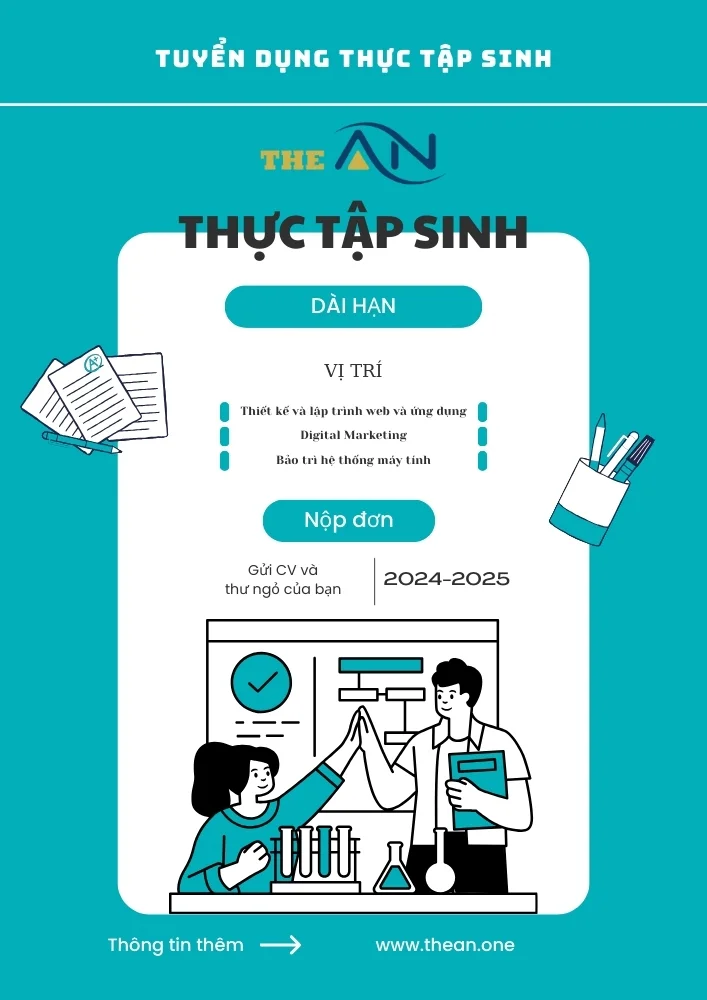Definite and Indefinite Articles ( A, An, The)

Table of Content
- What is an Article?
- Definite and Indefinite Articles
- What are Definite Articles?
- What are Indefinite Articles?
- Definite and Indefinite Articles Examples
- Difference Between Definite and Indefinite Articles
- Definite and Indefinite Articles Questions
- FAQ’s on Definite and Indefinite Articles
What is an Article?
The word A, An/The says Article. According to Modern English Grammar, Article comes/called Determiners, which are used before Nouns. If an adjective comes before Noun then use the Article before the adjective.
If Noun comes before an Adjective and an Adjective comes before Adverb then we use the article before the Adverb.
These are some Examples:
- Sita is a girl.
- Sita is a very good girl.
- Sita is an ideal girl.
- Sita is an intelligent girl.
- This is the horse.
- This is the strongest horse.
In many situations Articles come after such as: All, Both, Such, Double, Half, Rather, etc.
These are some Examples:
- All the boys.
- Such a woman.
- half an hour.
- Double the amount.
If the Adjective comes before Noun and How/so/too/as comes before the Adjective, then the article comes middle of the adjective & Noun. Such as: How/so/too/as + adjective + a/an + noun are these serial.
These are some Examples
- How fine a day.
- too proud a girl
- It is so fine a day!
- How brave a warrior was he!
Definite and Indefinite Articles
There are two types of Articles:
1. Definite Articles - The
2. Indefinite Articles - A/An
What are Definite Articles?
Definite Articles says “The”. The definite article (the) is used before a noun to indicate that personal, certain, or former acquaintance; which has already been discussed and well-acquainted speaker and audience. In other words, The uses were to denote certain metals/persons/animals. The is used with countable Nouns (Singular noun & Plural noun) and uncountable nouns.
Uses of Definite Article
1. Before a Noun
We use "The" when we talk about something that has already been referred to in the prior sentence, we use "The".
Example: A cat got in honor of our dog today. The dog wins the battle.
2. Already Noun Knows to the User
When the user already knows the thing you are talking about, at such places use “The”. Instead of describing that thing since it is known to the user.
Example: “Mr. Micheal is wearing a suit at the party.” (In this example, a person already knows about the party to which the other person is referring in this sentence, and thus used “the” to refer to the party.)
3. Before Unique Nouns
“The” will always refer to Universal things Like The Sun, The Moon, The Arabian Ocean, The Bermuda Triangle, The Eiffel Tower, The Himalayas, etc. All these Universal things or Places are certain and would not change. So you use “The” to refer to such things.
4. Superlative Adjectives
Superlative adjective is used for Definite Nouns and to describe some special and unique.
Example:
- My mother cooks the Best North Indian Food in Society.
- At 3307 ft. Height, Burj Khalifa Tower is The Tallest tower in the world.
(Here “Best” and “Tallest” are the superlative adjectives, and thus we used “The” before them.)
5. Before Adjectives are Used as Nouns
When you are talking about some advice or duty, we also use “The” in such places.
Example:
- The government should do something for the jobless people.
Here Jobless People are used both as a noun and adjective, that’s why we used “The” before it.
6.Proper Nouns
With Proper Nouns such as Nation’s Name, Plural names of nations, some titles, some associations, some structures, papers, masterpieces, explicit family names, mountains, waterways, oceans, gatherings of islands, and deserts, that use “the”.
Example:
The Indian sea, The Bay of Bengal, The Netherlands, The Caspian, The United States of America, The Taj Mahal, The Times of India, The Suez Canal, The Bay of Bengal, and The Guptas.
7. With Nationalities
When we talk about any nationality, we must use “the” before it to emphasize that word.
Example: The Mughals and The British controlled India for a long time.
Regardless of whether nationality is in the plural. Like:
- The Indians.
- The Chinese.
- The Americans.
8. Mentions of Services and Systems
- Switch on the television to watch the newest show.
- We must go to the police station to report the crime.
- You should take this to the buyer’s court.
9. Comparative Proclamations
When we compare two things with each other motivational advice or something else, must be used in such a sentence.
Example:
- The more he works, the more he will be successful.
- The more we travel, the more we shall fall in love with Nature.
General Rules / Tricks to use “The” Definite Article
- Use them for things that have been mentioned already.
- Use when there is something unique, even if not mentioned already.
- Use them when we are expressing a statement for a particular person or object.
What are Indefinite Articles?
The indefinite article says “A/An”. Because it does not refer to a particular person or thing, but rather to an indefinite person or thing.
Uses of Indefinite Article
1. Before Singular Countable Noun (Common noun & Collective noun)
2. If the adjective or adverb +adjective comes before Noun then A/An is used according to comes closest word.
Example:
- She is a girl.
- She is an extremely beautiful girl.
3. If word sounds start with vowel sounds, then use “An”. If a word sound starts with a consonant sound then use “A”.
4. Some words are starting with vowel letters but it is not necessary its sound starts with a vowel sound.
5. “A/An” is used in the sense of one or anyone.
Example:
- I saw a Boy.
- A farmer had three sons.
6. “A/An” using before rate, weight, and speed indicators.
Example:
- Grain sells for eight rupees a kilo.
- The car runs sixty kilometres an hour.
7. “A/An” comes before count pointers.
Example: A couple, A dozen, A hundred, A thousand, etc.
- I have a hundred rupees.
- He has a dozen bananas.
Definite and Indefinite Articles Examples
Definite Articles Examples:
- The dog is a faithful pet.
- The pen is Japanese.
- Govind is the tallest boy in the class.
- Who invented the radio?
- Mahendra will play the violin.
- Ramesh missed the last train for his hometown.
- Where is the headmaster?
- The Congress party is the national party.
- Mr Narendra Modi is the prime minister.
- Rakesh goes to the office at 10.
Indefinite Articles Examples:
- A lion killed a deer.
- An apple grows on a tree.
- Mr Ramshanker Katherina is an M.P.
- They filled an F.I.R.
- You are a Shakespeare.
- He is a Sachin Tendulkar.
- We walk Five kilometers an hour.
- Radha ran without an ambarella.
- Mr Shanky is a doctor.
- An Elephant killed a man.
Difference Between Definite and Indefinite Articles
| Serial No. | Definite Articles | Indefinite Articles |
|---|---|---|
| 1 | Definite Articles are used to indicate something specific | Indefinite Articles are used to indicate something nonspecific |
| 2 | Can be used after introducing the noun or noun phrase | Can be used to introduce the noun or noun phrase |
| 3 | Can be used with singular and plural nouns and can | Can be used with plural nouns |
| 4 | Used to discuss something that is already known by the reader or listener can not can not | Cannot be used to discuss something that is already known by the reader or listener |
| 5 | Used with a countable and uncountable noun | Cannot be used with a countable and uncountable noun |
Definite and Indefinite Articles Questions
1. I am ..... honest boy.
1. A
2. An
3. The
=> Ans: An
2. ..... milk was very tasty.
1. A
2. An
3. The
=> Ans: The
3. ..... milk of this cow is very sweet.
1. A
2. An
3. The
=> Ans: The
4. ...... Coffee was hot.
1. A
2. An
3. The
=> Ans: The
5. This is ...... interesting story.
1. A
2. An
3. The
=> Ans: An
6. You are ..... Indian.
1. A
2. An
3. The
=> Ans: A
7. ..... Hour is enough to finish my work.
1. A
2. An
3. The
=> Ans: An
8. Have you ..... two rupee notes?
1. A
2. An
3. The
=> Ans: A
9. It was ..... one-sided game.
1. A
2. An
3. The
=> Ans: A
10. He is ..... university professor.
1. A
2. An
3. The
=> Ans: A
11. Ramu is ..... one-eyed boy.
1. A
2. An
3. The
=> Ans: A
12. You are ..... B.A.
1. A
2. An
3. The
=> Ans: A
13. He is ..... M.A.
1. A
2. An
3. The
=> Ans: An
14. It was ..... unique sight.
1. A
2. An
3. The
=> Ans: A
15. Are you ..... I.A.S.?
1. A
2. An
3. The
=> Ans: An
16. He is ..... F.O.
1. A
2. An
3. The
=> Ans: An
17. Are you ..... forest officer?
1. A
2. An
3. The
=> Ans: A
18. ..... girl I meet yesterday has come today.
1. A
2. An
3. The
=> Ans: The
19. ..... gold of India is not very yellow.
1. A
2. An
3. The
=> Ans: The
20. ..... water of this well is pure.
1. A
2. An
3. The
=> Ans: The
21. ..... watch was old.
1. A
2. An
3. The
=> Ans: The
22. I have ..... watch.
1. A
2. An
3. The
=> Ans: A
23. I lost ..... watch you gave me.
1. A
2. An
3. The
=> Ans: The
24. ..... Ram of ..... Ramayana is ..... ideal personality.
1. A
2. An
3. The
=> Ans: The, The, An
25. ..... horse is ..... useful ..... animal.
1. A
2. An
3. The
=> Ans: A, The, An
26. ..... Indian Nation was ..... important daily.
1. A
2. An
3. The
=> Ans: The, An
27...... Taj Mahal is ..... historical building.
1. A
2. An
3. The
=> Ans: The, A
28. ..... man you met yesterday is ..... very bad man.
1. A
2. An
3. The
=> Ans: The, A
29. ..... coffee was very good.
1. A
2. An
3. The
=> Ans: The
30. ..... Ramayana is ..... religious book of ..... Hindus.
1. A
2. An
3. The
=> Ans: The, A, The
FAQ’s on Definite and Indefinite Articles
In English grammar there, are three articles: a, an, and the. The definite article (the) is used before a noun to indicate that the identity of the noun is known to the reader/listener. In Spanish, we have to choose between four definite articles: el, la, Los, and las. Which one we choose depends on the noun which follows. All nouns (including words for things) are either masculine or feminine: this is called their gender and they can also be either singular or plural.
There are two types of Articles:
1. Definite Articles: The
2. Indefinite Articles: A/An
We use indefinitely to mean non-specific. Indefinite is general. We use definitely to mean specific.
There are three indefinite articles in English: two for the singular form (a, an) and one for the plural form (some).
Quý anh/chị đang tìm kiếm một doanh nghiệp uy tín cung cấp dịch vụ Công Nghệ Thông Tin như Thiết kế và lập trình website, Digital Marketing, hoặc dịch vụ Bảo trì và chăm sóc hệ thống máy tính, ...? Đừng ngần ngại hãy liên hệ với The ÂN qua số điện thoại (+84).326.418.478 để được tư vấn cụ thể, hoặc liên hệ qua mẫu tin.
Các thông tin nổi bật khác:









